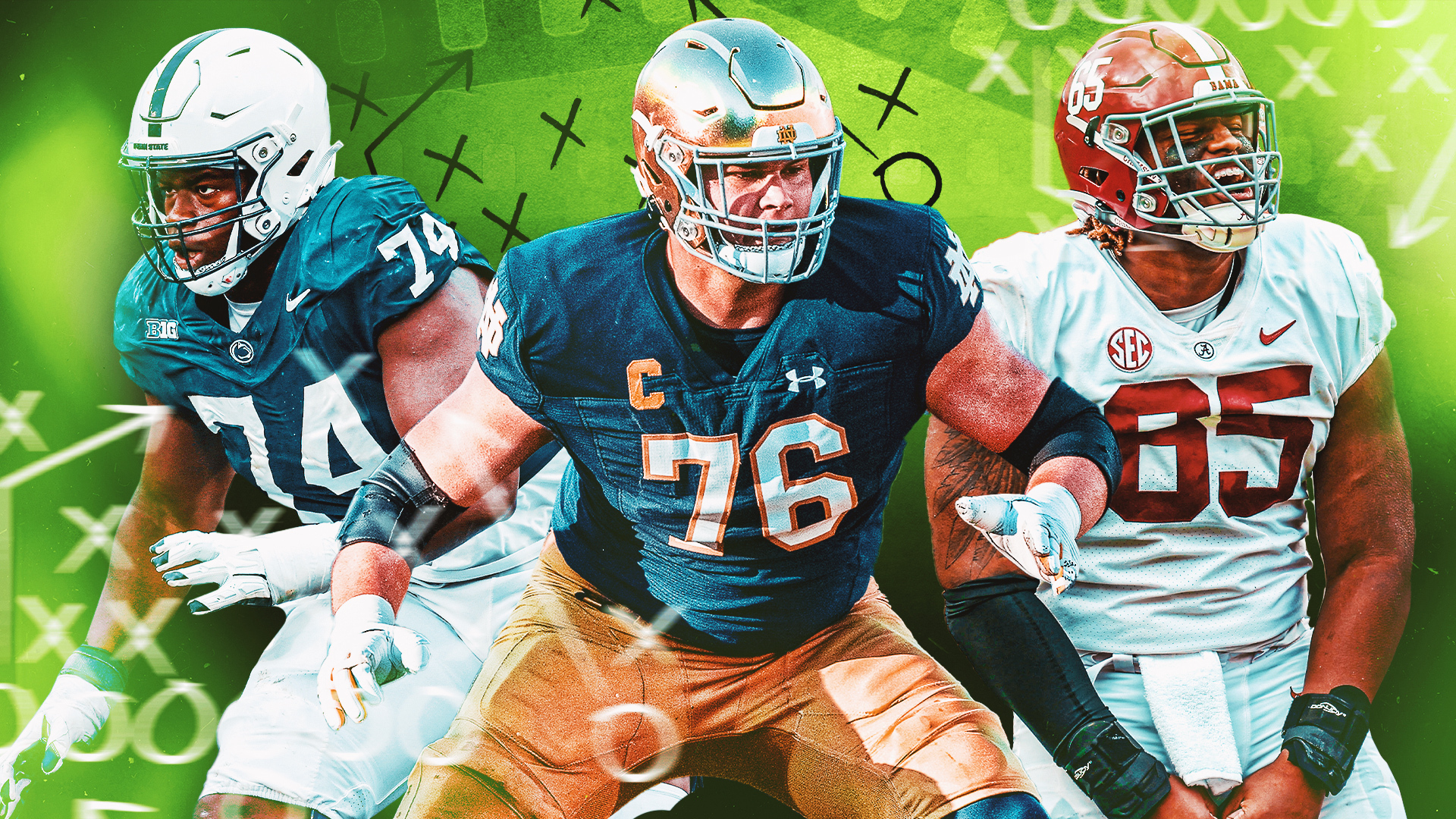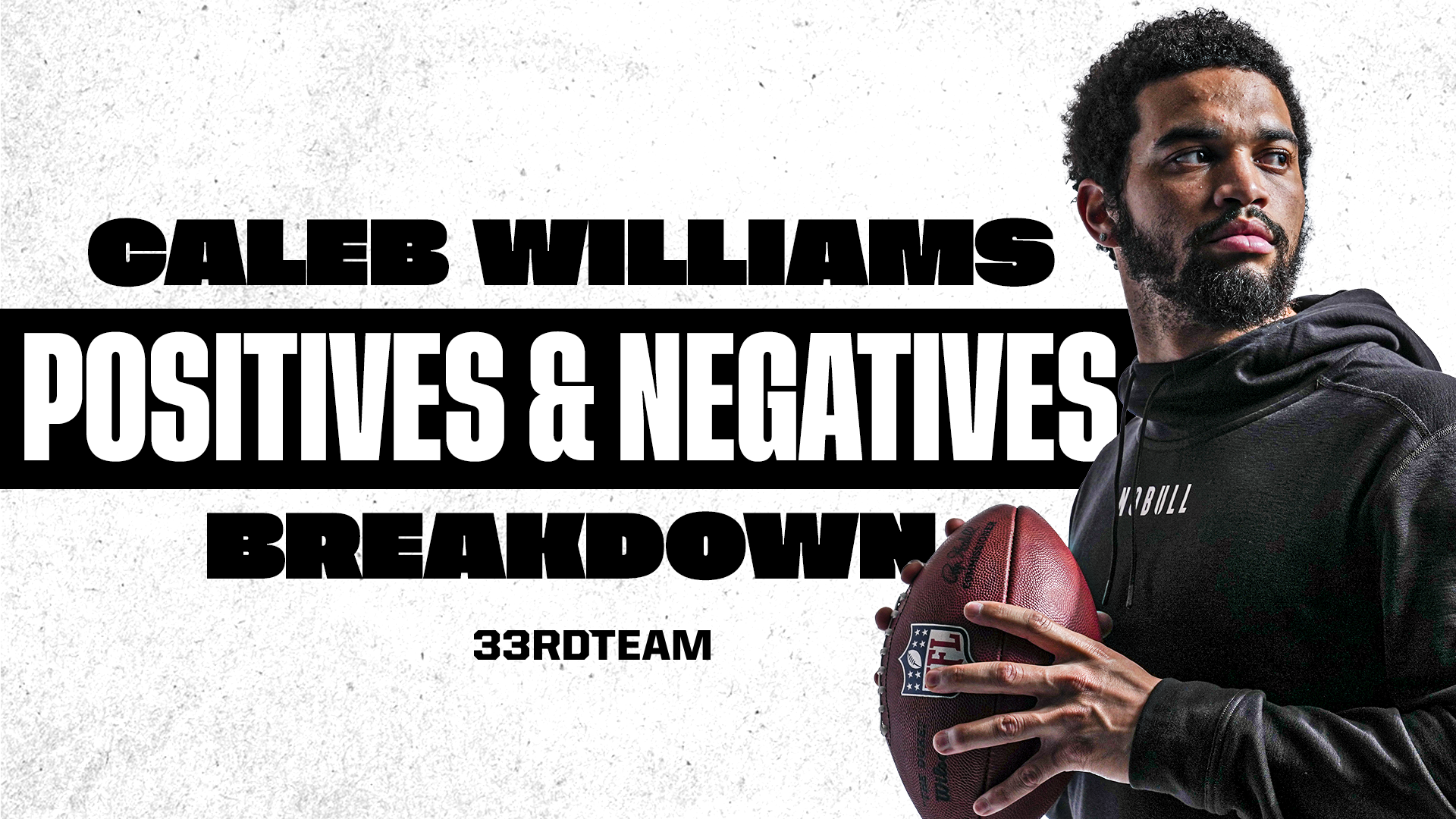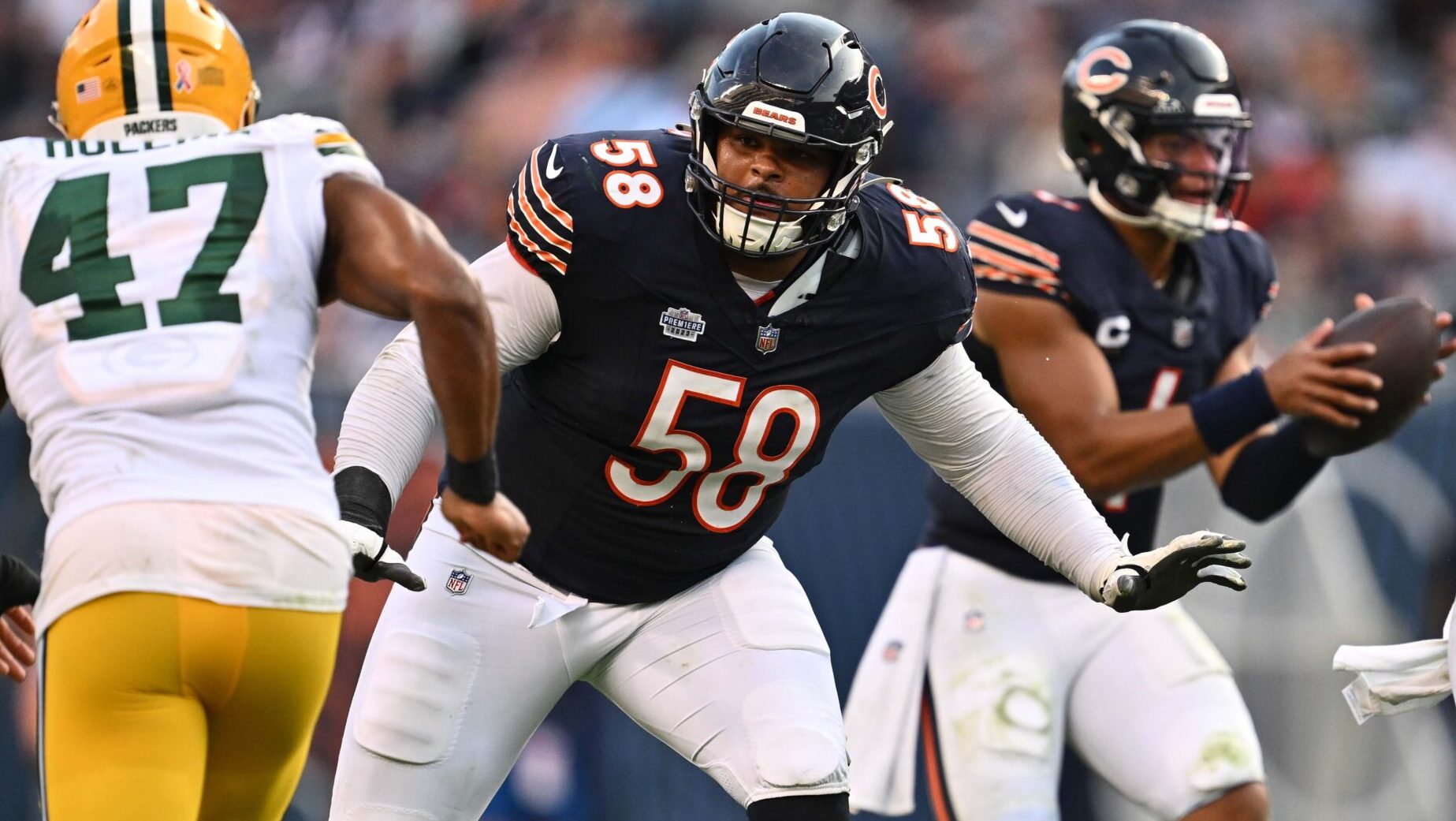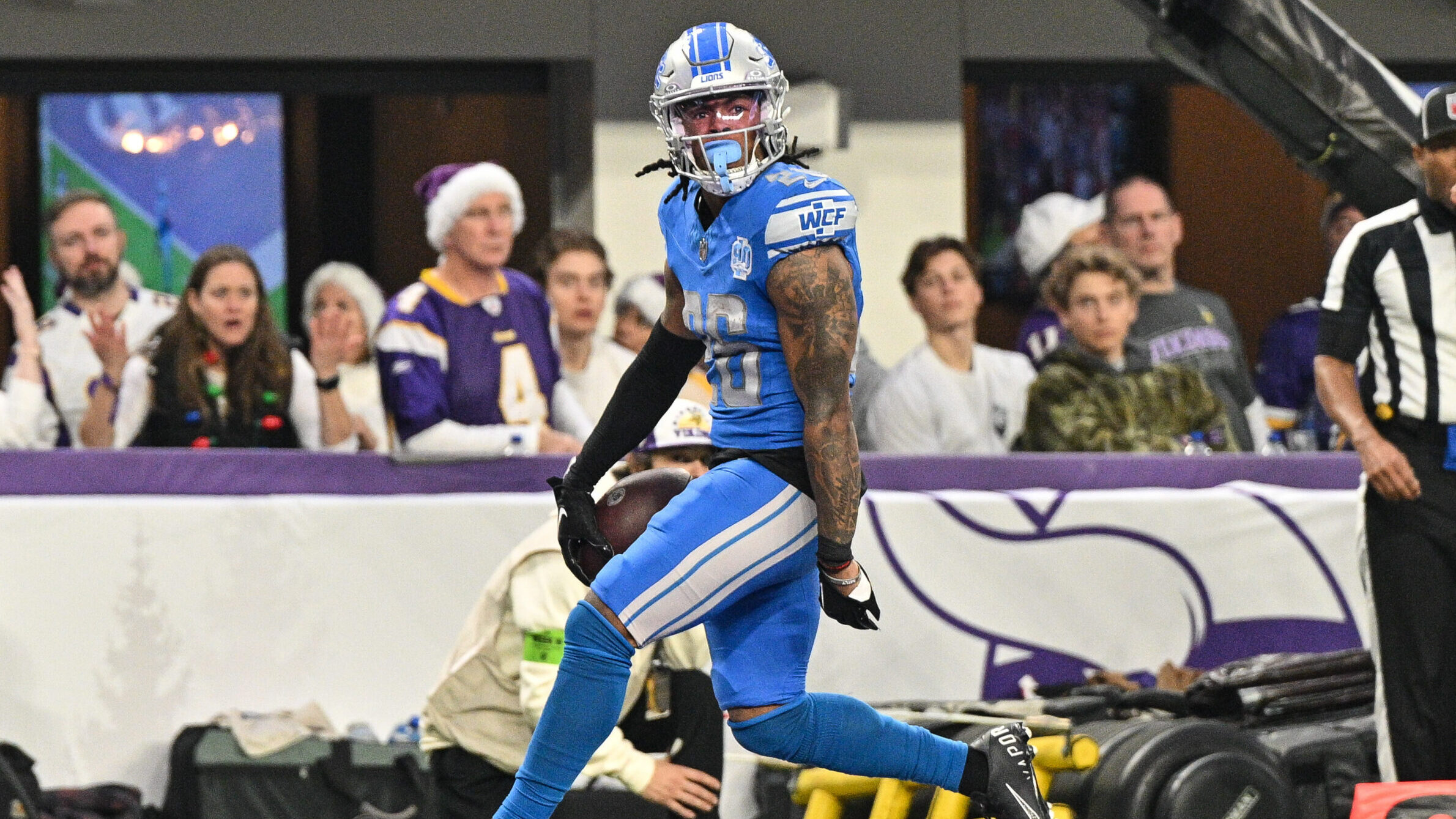Analysis
2/14/22
4 min read
Super Bowl Small Ball: Conservative Play Calling Determined Super Bowl LVI
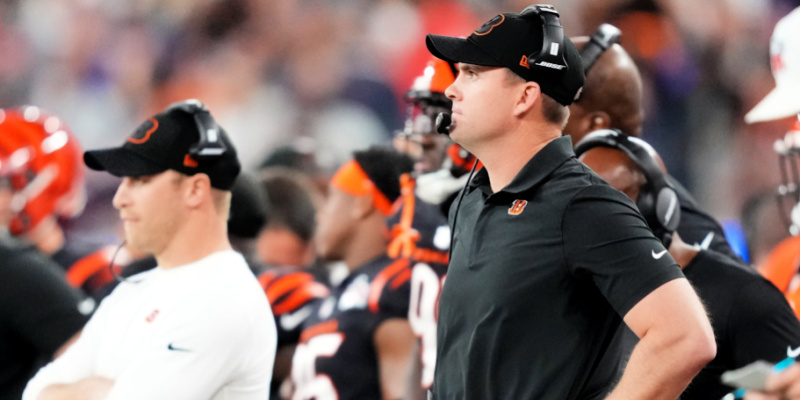
Play calling was a crucial factor in determining the winner of Super Bowl LVI. Despite passing the ball far more efficiently than running it, Sean McVay’s persistence with the run game nearly cost the Rams the game. Passing 11 out of 15 times on the game-winning drive ultimately saved LA, but the earlier strategic blunders cannot be ignored. On the flip side, Bengals HC Zac Taylor got conservative late with the lead, as he so often does. Let’s take a closer look at each team’s play calling decisions and strategies...
Rams Reliance on Run Game
As complicated as football is, it is not difficult to understand that passing the ball is more efficient than running. Last night, the Rams ran the football 23 times for a total of 43 yards, averaging a mere 1.9 yards per carry in the process. In contrast, Matthew Stafford averaged 7.1 yards per pass attempt. If we break that down even further, Stafford’s YPPA on their three touchdown drives was 9.3, and his average depth of target (ADOT) on these drives was 8.4 yards. This indicates that they were scoring because he was passing the ball downfield efficiently. On all other drives, Stafford’s YPPA was just 5.2.
Looking at McVay’s play calling, he called 19 passes and 8 runs on the Rams’ three TD drives. If we add in the drive in which they kicked a FG to account for all scoring drives, it bumps up to 25 passes and 11 runs. Likewise, if we look at early downs to filter out runs in short yardage situations, McVay called 19 passes and 9 runs. On the non-successful drives, he employed a more balanced attack with a ratio of 12 passes to 10 runs. This “balance” resulted in -0.570 Expected Points Added. In total, running back carries cost the Rams -10.7 Expected Points!
Taylor’s Conservative Tendency Cost Cincy
Bengals coach has a history of getting too conservative too early. Looks like it could be again. Question is, can Rams take advantage of it.
— Joe Banner (@JoeBanner13) February 14, 2022
I tweeted this out during the 4th quarter when the Bengals held a 20-16 lead. Taylor does this all the time. He just doesn’t seem to have confidence in his offense late, and his play calling is so risk-averse. On Cincinnati’s second to last drive, he ran the ball to Joe Mixon on three consecutive plays, then called three short passes (for zero net yards) and another run. They ended punting after seven plays, giving the Rams the ball back with a chance to take the lead. Of course, the Rams did take the lead, but this could have been prevented if Taylor would have played to win the game. Instead, he played not to lose, and it backfired as it usually does.
On their last drive of the game, Taylor called a head-scratching draw to Perine on 3rd-and-1. Not only did they fail to convert the first down, but they were forced to burn a timeout. Aaron Donald made back-to-back crucial plays to stop Perine and sack Burrow, but Taylor has to do a better job here.
Bengals need to keep passing down field. Not small ball.
— Joe Banner (@JoeBanner13) February 14, 2022
The other issue for the Bengals was their small ball approach. In terms of the passing game specifically, only three of Burrow’s dropbacks were over 20+ air yards. Yet, he accumulated 121 yards (40.3 YPPA) and a TD on these throws. He had 142 yards and 0 TD on his other 30 pass attempts. That’s just 4.7 yards per pass attempt.
Both coaches made game-altering mistakes and decisions. Ultimately, McVay did enough to correct his errors at the most important time in the game. Taylor, on the other hand, floundered at the very end, costing the Bengals their first Lombardi Trophy in the process.

